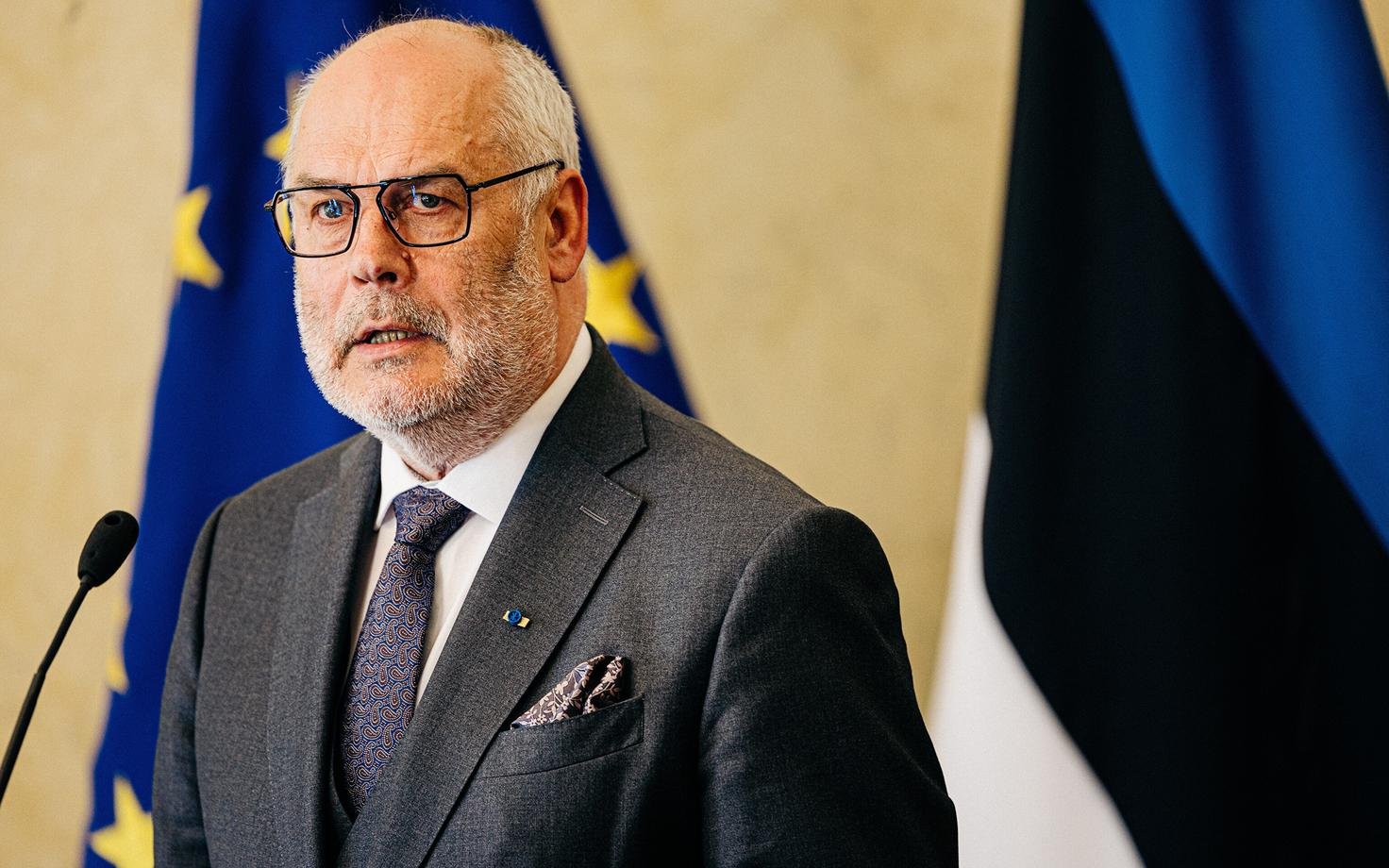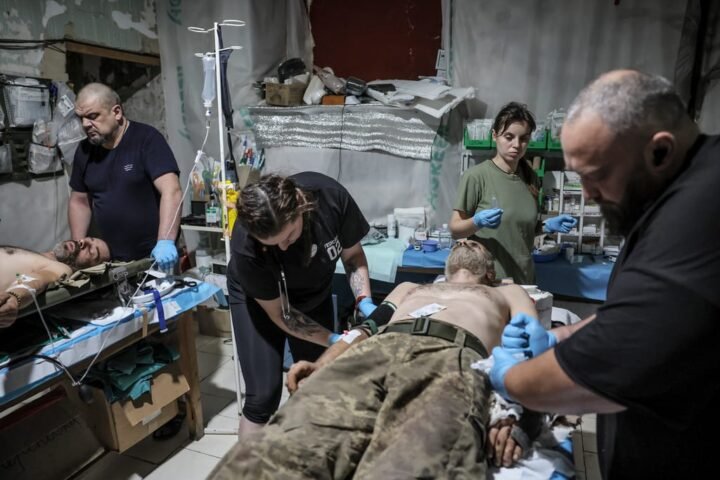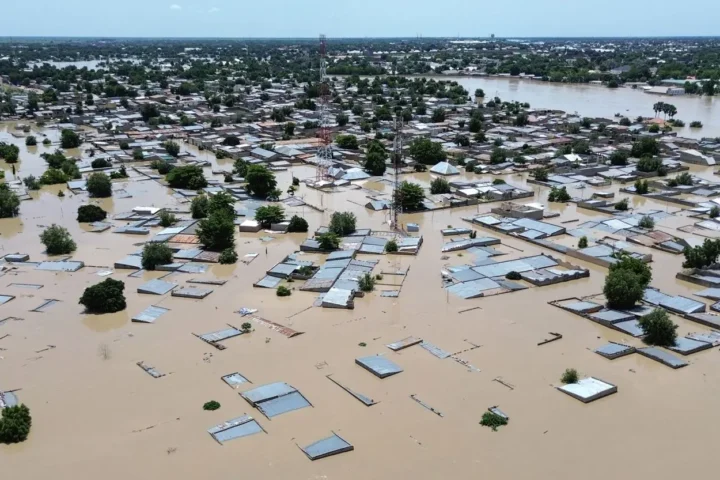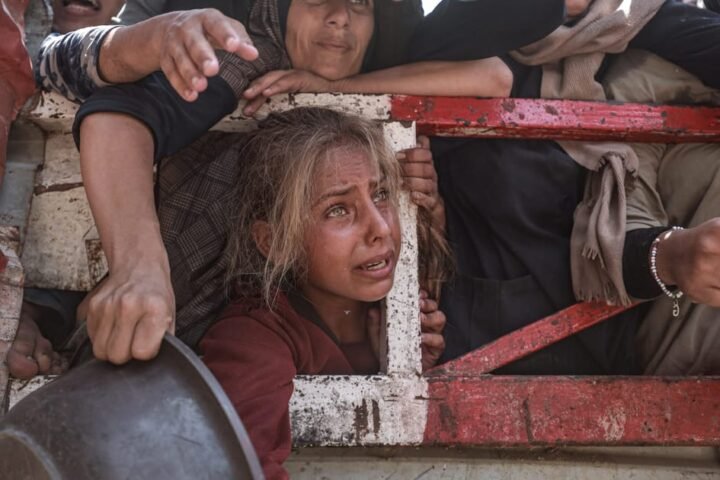Estonian President Alar Karis has refused for the second time to enact a bill that would allow the government to break institutional ties between the Estonian Orthodox Church of the Moscow Patriarchate and its Russian leadership — a move seen by many lawmakers as vital to countering Kremlin influence.
The law, passed by the Riigikogu on June 18, 2025, would enable the state to terminate the activities of religious organizations that are subordinate to foreign entities considered a threat to Estonia’s independence or constitutional order. But on July 3, Karis again declined to promulgate the bill, arguing it contradicts three articles of the Estonian Constitution and potentially restricts freedom of religion and association.
Lawmakers seek to curb foreign-linked religious structures
Despite the president’s objections, Estonian lawmakers insist the bill is urgently needed. The law, originally proposed by the Ministry of the Interior in October 2024, specifically targets religious entities that are linked to foreign religious centres which, as defined in the law, “incite, support or fund activities aimed at violently changing Estonia’s independence, territorial integrity or constitutional order.” The bill would also require such churches or parishes to amend their statutes to sever such ties — with a six-month transition period agreed by lawmakers after Karis’s first veto.
Proponents argue the bill is not about restricting religion but about national security. They point to the Estonian Orthodox Church of the Moscow Patriarchate (EOC-MP) as a key vector for Russian ideological influence, operating under the guise of spiritual authority. They argue that the Moscow Patriarchate and its foreign structures consistently propagate the ideology of the “Russian world”, defend Russia’s war in Ukraine, and promote revisionist goals aligned with restoring Soviet or imperial Russian influence.
Constantinople hierarchs support the legislation
The move has drawn support from Orthodox leaders under the Ecumenical Patriarchate. Metropolitan Stephanos of Tallinn and All Estonia — head of the Estonian Apostolic Orthodox Church (EAOC) — publicly backed the bill, describing it as a necessary instrument for defending state sovereignty against external interference. The Constantinople-aligned church, which is registered by the Estonian state, views the law as a tool to insulate Estonian society from Kremlin-backed narratives.
Since returning from exile in the early 1990s, the EAOC has served as the country’s nationally recognized Orthodox institution. In a historic move after independence, the Estonian government granted the EAOC ownership of the majority of Orthodox properties in the country under restitution principles — a decision that intensified the conflict with the Moscow Patriarchate and effectively ended its monopoly over Orthodox life in Estonia.
Moscow-linked clergy resist, citing religious rights
Despite losing much of its property, the EOC-MP has retained strong influence among Estonia’s Russian-speaking minority. This demographic remains a key base of support for the Moscow-aligned church, which critics say often echoes the Kremlin’s geopolitical messaging. Opponents of the new law, including EOC-MP clergy, claim it unjustly targets their community and violates constitutional freedoms.
But supporters argue that in practice, Karis’s veto helps preserve an information channel used by a foreign power hostile to Estonia. As parliamentarians see it, the president is de facto blocking efforts to protect Estonia from subversive influence under the guise of religious freedom — particularly when the church in question is tied to a foreign center that justifies war and spreads propaganda.
What’s next
With tensions between the executive and legislative branches mounting, the fate of the law remains uncertain. Parliament may attempt to override the president’s veto or seek a ruling from Estonia’s Supreme Court. Either way, lawmakers appear determined to close what they see as a long-standing loophole that allows Kremlin narratives to flourish in Estonia under religious cover.










